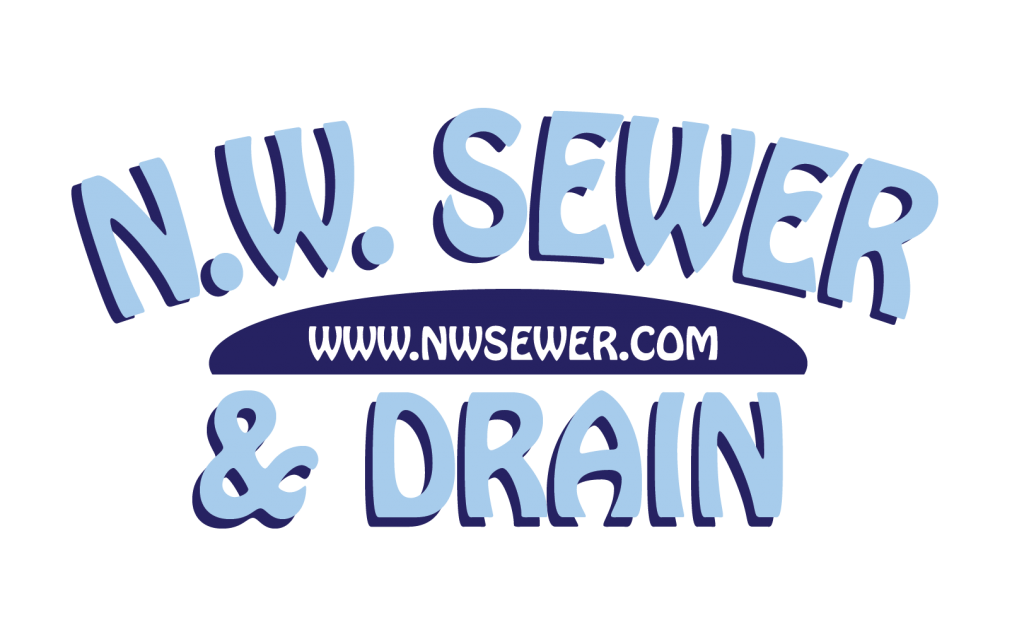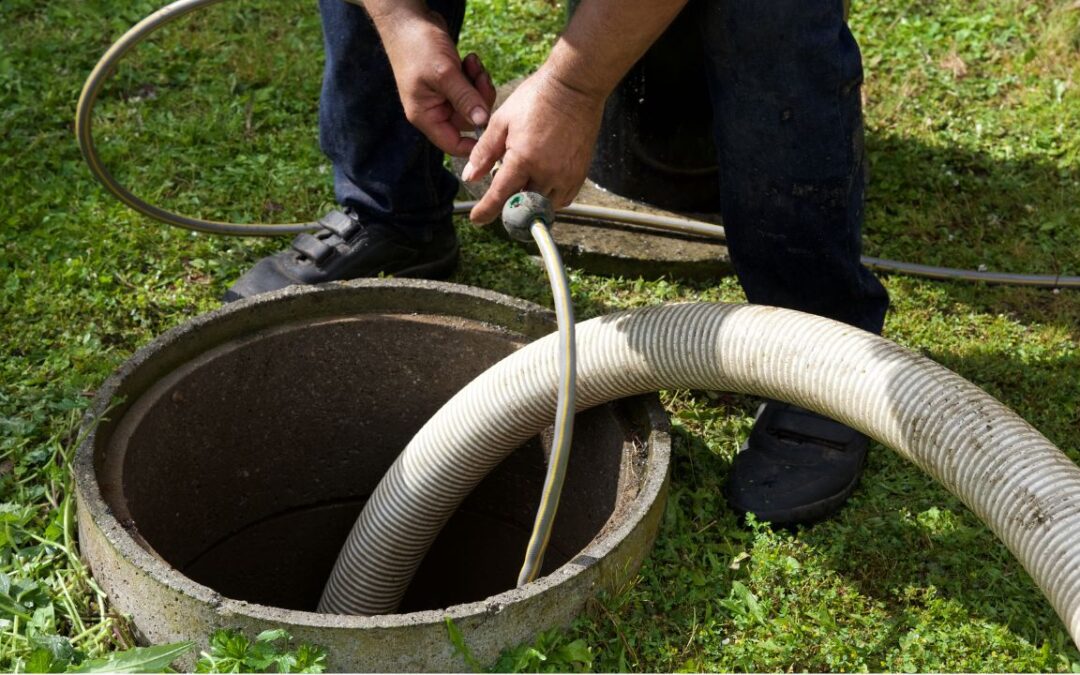Just like you spring clean your home, your sewer line deserves some TLC too. A well-maintained sewer line can prevent costly repairs and ensure smooth plumbing operations. Here are some tips to keep your sewer line in tip-top shape:
1. Grease is the Word (Not in Your Pipes):
- Avoid pouring grease, oil, and fat down the drain. These substances can solidify and cling to the sides of your pipes, eventually causing a blockage.
- Wipe out pans with paper towels before washing them.
- Use a drain strainer to catch food particles and other debris.
2. Hairball Havoc:
- Regularly clean hair and debris from shower and tub drains. Use a drain cover to catch hair before it goes down the drain.
- For stubborn clogs, use a drain snake or a plumbing snake to physically remove the blockage.
3. Flushability Facts:
- Only flush toilet paper and human waste.
- Avoid flushing wipes, paper towels, cotton balls, and other items that can clog your pipes. These items can create a blockage or even damage your septic system.
4. The Power of Prevention:
- Schedule regular sewer line inspections to identify potential problems early on. A professional plumber can use a camera to inspect your pipes and detect any issues, such as root intrusion or pipe damage.
- Consider investing in a sewer line camera inspection to visualize the condition of your pipes. This can help you identify and address problems before they escalate.
5. Go Green, Go Clean:
- Use eco-friendly cleaning products that are gentle on your pipes and the environment. Avoid harsh chemicals that can damage your plumbing system.
- Consider using a natural drain cleaner, such as baking soda and vinegar, to clear minor clogs.
6. Mind Your Diet:
- While it might sound strange, your diet can also impact your sewer line.
- Avoid eating excessive amounts of fibrous foods, as they can sometimes cause clogs.
- Stay hydrated to ensure smooth digestion and prevent constipation.
7. Be Kind to Your Toilet:
- Avoid flushing large items, such as diapers or sanitary products.
- Limit the number of flushes per use.
- Consider using a toilet tank reducer to conserve water.
By following these simple tips, you can keep your sewer line running smoothly and prevent costly plumbing emergencies. Remember, a little prevention goes a long way! If you have any additional questions or concerns, reach out to your friends at N.W. Sewer & Drain today!

The stories shared in this blog, while inspired by real-life scenarios and experiences, have been fictionalized and sometimes exaggerated for illustrative purposes. They are designed to highlight the importance of seeking professional help when it comes to your home’s sewer and drain lines to prevent costly repairs and health issues.

